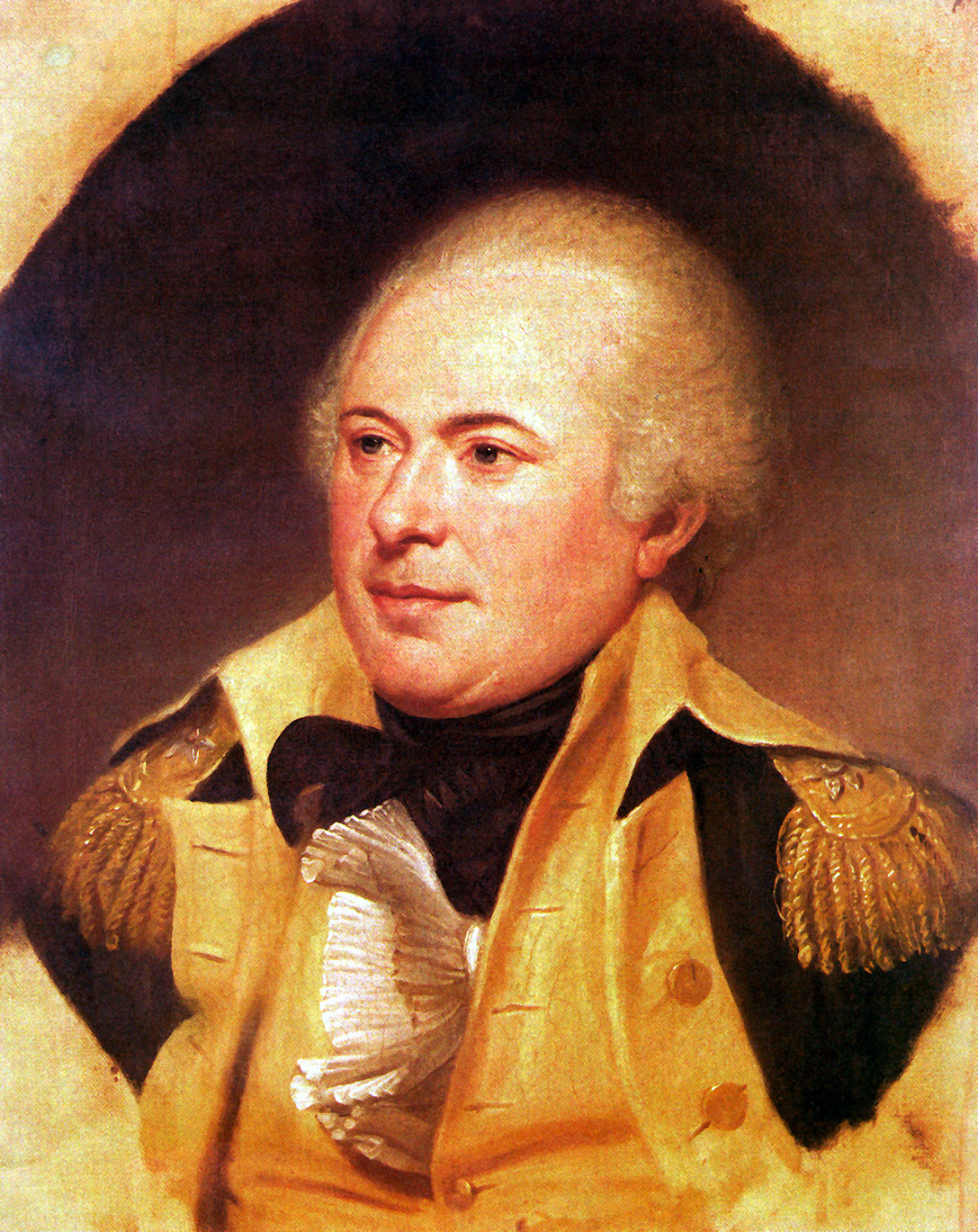Here is a legend that is told
in Tennessee.
 |
| A portrait of Meriwether Lewis by Charles Wilson Peale |
Meriwether Lewis was a famous
member of the team Lewis and Clark, which President Thomas Jefferson sent to
explore and map the western continent.
After Lewis returned from this expedition, President Jefferson rewarded him by making him Governor of the
upper territory of Louisiana.
A Deadly Journey
While governor, in October of 1809, Lewis was
on his way north from Louisiana to Washington when he stopped at “Grinder’s
Stand” an inn located near Hohenwald, Tennessee.
He secured rooms for the
night, and according to Mrs. Grinder spent the evening refusing to eat and
pacing back and forth on the front lawn. She reported he was talking to himself
or mumbling erratically.
She stated she heard him ranting
about his enemies.
Later, Lewis still pacing, awakened Mrs. Grinder. She then heard two gunshots and watched Lewis stagger
and then fall--this was followed by him exclaiming, “Oh Lord.” She watched as
he crawled down the hall toward the kitchen.
He had first knocked on her
door requesting help--he wanted water and someone to heal his wounds. Once in
the kitchen, she watched through a crack in her door as he struggled to pump
water--he didn’t succeed.
He then managed to stagger
back to his room where he lay on a buffalo robe instead of the bed she had
prepared for him.
Oddly, Mrs. Grinder refused
to leave her bedroom to assist Lewis. In fact, it wasn’t until two hours later
that she finally had his servants summoned from the barn where they were
sleeping.
They discovered Lewis lying
on a blood-soaked robe with a wound in his side and head. He told them, “he
was no coward, but was strong.” He finished by stating, “so hard to die.”
He died as the sun came up.
Lewis was buried on the inn’s property. Today this land is a part of Lewis
Meriwether Lewis State Park.
 |
| Grinder's Stand |
A year later, John Grinder was
brought before a grand jury and accused of Lewis’ death. These charges were
eventually dropped because of lack of motive and evidence.
Afterward, two prominent men
gave accounts that stated that Lewis had been “deranged and drunk” on this
journey and that his death was a “suicide.”
Captain Gilbert Russell, the commander of Fort Pickering where Lewis had rested during his journey, provided
the first account.
The captain stated that Lewis
had appeared deranged and was drinking heavily while at the fort. He testified
that he had detained Lewis at the fort for five days just to protect his health.
A Major Neely, who traveled
with Lewis on the Natchez Trace gave the second account. He also stated that
Lewis was often drunk and that his death was a suicide.
Several others, contradicting these statements, reported Lewis
had not been drunk, but that he just suffered from a digestive ailment.
So many questions remained,
why had Mrs. Grinder not helped Lewis? Why had his traveling companion Major
Neely disappeared, just before the two men reached Grinder’s Stand and then
shown up again the next morning?
His death remains a mystery
for there were no eyewitnesses to the shooting. While some historians accept
that Lewis’s death was a suicide, others question it.
They believe that Lewis’s
death was actually a part of a far-reaching conspiracy, and this is the reason
why his ghost still haunts the area around his gravesite.
A Murder Plot
 |
| General James Wilkinson |
The main culprit in this plot
had the most to gain from Lewis’ death. General James Wilkinson became Lewis’s
predecessor as governor of Louisiana after his death.
Wilkinson in 1804, had
conspired with Aaron Burr to create an “empire in the west” to
gain more wealth and power. They had tried to extract money and weapons from
Britain and Spain to further their cause.
Wilkinson turned on Burr in
1806 and informed President Jefferson of their plot. Both men escaped
punishment for this treason.
It is believed that Lewis
known for his honesty and integrity had discovered new evidence against
Wilkinson and intended to use it. Many believe this was the real reason for
Lewis’ journey to Washington.
Evidence that backs this theory is the fact that Captain Russell and Major Neely who announced that Lewis was
deranged, drunk, and committed suicide actually had both been appointed to their
positions by General Wilkinson.
It is even felt by some that
Major Neely who conveniently disappeared before reaching Grinder’s Stand
probably was the one who shot and killed Meriwether Lewis.
A tablet placed in 1938 at
the National Monument by Lewis’ gravesite acknowledges the controversy that
surrounds his death.
“…life of romantic endeavor and lasting achievement
came tragically and mysteriously to an end.”
Seeking Justice
The questions about Lewis’s
death would just be a footnote in American history except for one item. Lewis’
gravesite is considered to be haunted.
Many visitors to Lewis’
monument and gravesite along the Natchez Trace Parkway have reported feeling a
“restless energy and strange force.”
On cold autumn nights, the
sound of a water dipper scraping against an empty bucket is heard.
Even more compelling
witnesses have stated they heard the words, “so hard to die” mixed in with the
rustling of the leaves.
Is Lewis’ restless spirit
trying to set the record straight? The truth is lost to a cold autumn night 205
years ago.



No comments:
Post a Comment